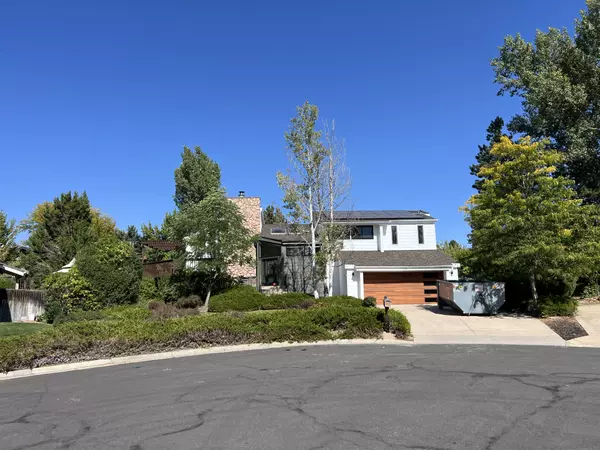Understanding Property Taxes: A Guide for Homeowners

Understanding property taxes is crucial for homeowners, as they represent a significant financial obligation associated with owning real estate. Here is a guide to help homeowners comprehend the key aspects of property taxes:
-
What Are Property Taxes?
- Property taxes are local taxes imposed on the owners of real property, including residential homes, commercial buildings, and land. These taxes are typically levied by local governments, such as cities, counties, and school districts, to fund public services and infrastructure.
-
Calculation of Property Taxes:
- Property taxes are calculated based on the assessed value of the property and the local tax rate. The assessed value is determined by the tax assessor's office and may not necessarily reflect the current market value of the property. The tax rate is expressed as a percentage of the assessed value.
-
Assessment Process:
- Local tax assessors determine the assessed value of a property through various methods, such as comparing it to similar properties in the area, considering the property's income potential, or assessing it based on replacement cost. Some jurisdictions reassess property values periodically, while others may only reassess when there is a change in ownership.
-
Appealing Property Assessments:
- Homeowners have the right to appeal their property assessments if they believe the valuation is inaccurate. The appeal process typically involves providing evidence that the assessed value is too high, such as recent comparable sales or evidence of property damage.
-
Tax Rates and Millage Rates:
- The tax rate is often expressed in terms of "millage" or "mill rate," which represents a tax of one-tenth of a cent per dollar of assessed value. For example, a property with an assessed value of $100,000 and a millage rate of 20 mills would have a property tax bill of $2,000 (100,000 * 0.02).
-
Exemptions and Deductions:
- Many jurisdictions offer property tax exemptions or deductions for certain property owners. Common exemptions include homestead exemptions for primary residences, senior citizen exemptions, and exemptions for disabled veterans. Homeowners should check with local tax authorities to determine if they qualify for any exemptions.
-
Property Tax Due Dates:
- Property taxes are typically due on specified dates, and failure to pay on time may result in penalties or interest charges. Homeowners should be aware of these due dates and make timely payments to avoid additional costs.
-
Use of Property Tax Revenues:
- Property tax revenues fund local services and infrastructure, including schools, roads, police and fire departments, and public utilities. Understanding how property tax dollars are allocated helps homeowners recognize the direct impact on their community.
-
Escrow Accounts and Mortgage Payments:
- Many homeowners with mortgages pay property taxes through an escrow account. The mortgage lender collects a portion of the annual property tax with each monthly mortgage payment and pays the property taxes on behalf of the homeowner when they become due.
-
Changing Property Tax Rates:
- Property tax rates can change based on local government decisions and budget requirements. Homeowners should stay informed about any proposed changes in property tax rates and participate in local discussions to understand the potential impact on their tax bills.
-
Tax Incentives for Homeowners:
- Some jurisdictions offer tax incentives for specific home improvements, energy-efficient upgrades, or renovations. Homeowners should explore available programs that can reduce their property tax burden while enhancing the energy efficiency or value of their homes.
Understanding property taxes empowers homeowners to manage their finances effectively and actively participate in local governance. Staying informed about assessment processes, exemptions, and due dates can contribute to a smoother and more predictable homeownership experience.
Contact The Next Door Team for a personalized, professional real estate experience.
Danielle Witte - Colorado Realtor, Certified Luxury Home Marketing Specialist
Your Westminster Real Estate Expert with over 13 years of Experience
Recent Posts










GET MORE INFORMATION

Team Lead | License ID: 100041185

